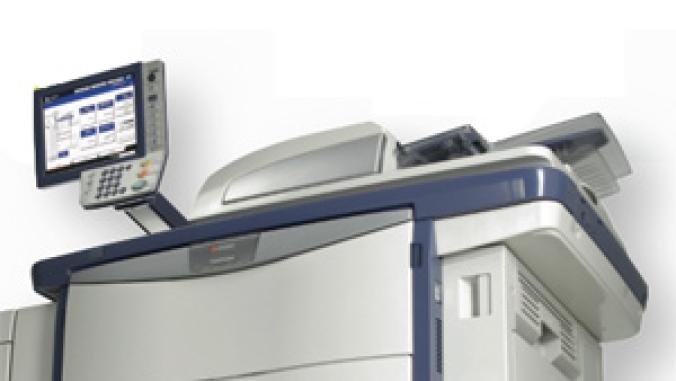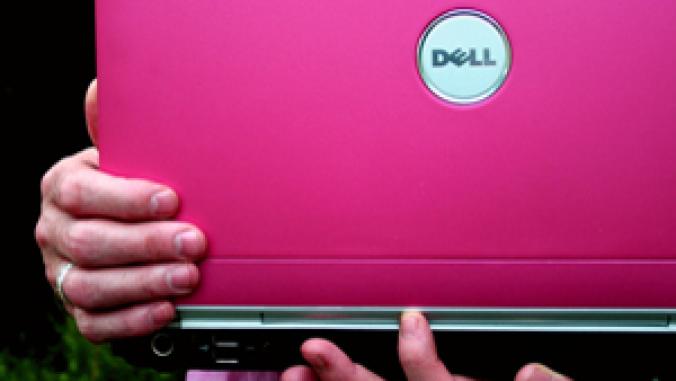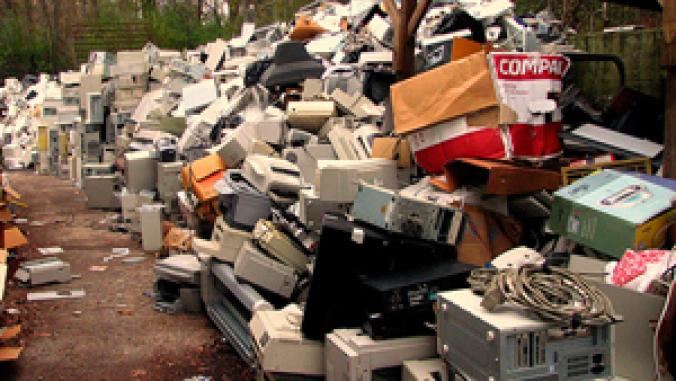E-Waste Gets Its 15 Minutes of Fame
<p>A BBC television show and a design contest both draw focus on the problems electronic waste pose to human health and the environment.</p>

Call it the anti-"Amazing Race."
Unlike the CBS reality show, which last October had its contestants dismantle electronics in the local fashion in Vietnam, the BBC program Inside Out this week offered the latest exposé of e-waste hazards.
The program, along with the launch of an e-waste redesign competition, mark the beginnings of what will likely become a flood of e-waste events and announcements in the run-up to the 40th anniversary of Earth Day on April 22.
First, the BBC show, which is available for online viewing (if you're either in the U.K. or crafty) through March 14, offers the following introduction:
We are getting good at recycling bottles and cans, but what about old electricals? Electrical, or E-waste, is our fastest growing form of rubbish. Eager for flat screens and HD pictures, London dumps more than 4,000 TVs daily. These TVs are packed with lead and toxic metals and law requires all electricals to be recycled within the UK....
To avoid paying for proper disposal in the UK, criminals ship containers of electrical waste and illegally dump it in Africa. They call it the Sodom and Gomorra slum in Ghana - hazardous electrical waste dumped as far as the eye can see. Its source is London's banks, councils, hospitals and even a police force....
We have banned the export of electrical waste, but that green law has turned toxic as criminals smuggle it out for recycling in one of the poorest countries on earth.
Inside Out is the latest in a series of in-depth looks at how discarded gadgets harm the environment. We most often cite the 60 Minutes exposé of e-waste from 2008, but other publications, including BusinessWeek and Time have also weighed in on the issue recently.
{related_content}Exposing the problem is an obviously important first step; coming up with solutions is an even more pressing issue. That's where the University of Illinois' International E-Waste design competition comes in.
The competition, which runs through Earth Day, is offering $20,000 in prizes for inventions that re-use ewaste for new and productive means.
Among the winners of the 2009 e-waste design competition are kiosks designed to collect recyclables and provide tourist information. Other winners included a chair made from CPU cases and ribbon cables, and a hydroponics system for use in vertical farming.
The competition is currently open for registration; submissions are due by April 1, with finalists the week before Earth Day.




